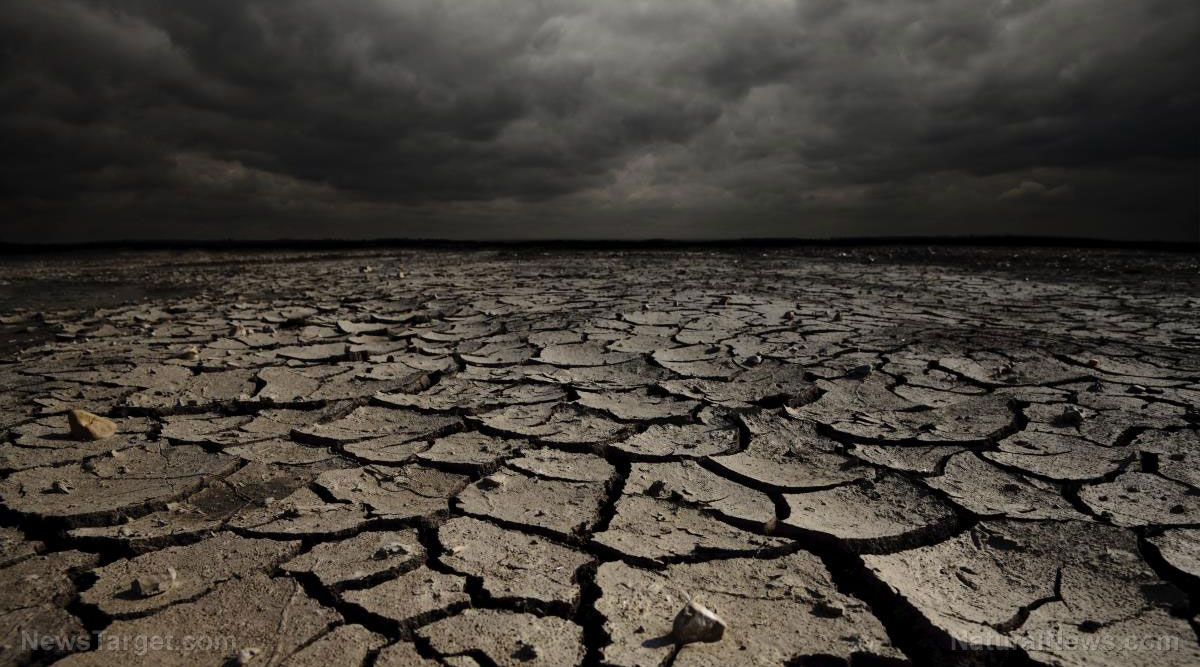
Chile has announced plans to begin a competitive process that will award $50 million in subsidies for green-hydrogen projects. The prospect of getting these subsidies has attracted multiple investors as the country looks to become carbon neutral.
The Chilean Ministry of Energy has identified about 40 projects that could receive subsidies, which would be awarded later this year. In addition, Energy MInister Juan Carlos Jobet has stated that they've also received considerable interest from groups both in the country and abroad.
"We’ve seen a lot of traction in green hydrogen," Jobet said in an interview on Wednesday, March 10. "The main purpose there is to scale up production, to reduce the cost of electrolysis, which is the biggest challenge there."
Chile to play "key role" in green hydrogen
Green hydrogen is produced by stripping the element from water using electrolysis. It is seen as key to eliminating carbon emissions from the industrial sector, especially in Chile, which is the world's largest producer of copper.
The only drawback of the electrolyzing process is that it consumes a lot of power. But Chile boasts plenty of solar capacity in its northern desert and can also rely on wind power from its south. As such, ramping up the production of green hydrogen – and getting mining companies to switch to using it – is seen as key to helping it meet its goal of being carbon neutral by 2050.
Some of the prospective investors include local energy producers. Others are overseas suppliers of hydrogen made from fossil fuels looking to get a foothold in the country that, Jobet believes, will play a key role in green hydrogen in the future.
Mining companies in Chile are also looking to get on the hydrogen train. One company, Anglo American, has stated that it plans to start a pilot fuel-cell plant at one of its Chilean mines. Other producers, such as Antofagasta, are considering changing to hydrogen-powered trucks or looking to use hydrogen in their boilers and trains.
To further help these companies out, Jobet stated that the Energy Ministry is also setting up a technical advisory team with the Ministry of Finance that will lay out a path toward higher carbon prices to allow green hydrogen to better compete with fossil fuels. (Related: Enormous supply of clean hydrogen fuel can now be tapped for the hydrogen economy.)
Other countries are also betting on hydrogen, but costs need to go down
Chile isn't the only country looking to hydrogen's potential to decarbonizing sectors currently heavily reliant on fossil fuels. Countries such as Australia, Canada, Finland, France, Germany, Japan, Norway and Portugal, as well as the European Union have all laid out plans to stimulate the production of hydrogen.
Helping these efforts is the fact that the cost of producing green hydrogen has already begun to decrease. According to a report by the International Renewable Energy Agency (IRENA), this is thanks to the fact that the costs of renewable power are also going down.
But the IRENA report notes that further reductions are needed to make hydrogen competitive. Specifically, the cost of electrolysis facilities would have to fall by 40 percent in the short term to 80 percent in the long term.
Beyond this, the report the lack of infrastructure to transport and store green hydrogen is one of its biggest challenges. It noted that green hydrogen is "already close to being competitive" in regional where favorable conditions align, such as in Chile's Patagonia where wind energy harvesting is abundant. But in other locations, green hydrogen is still two to three times more expensive than normal or "blue" hydrogen generated from natural gas.
"The cost of the former is defined by electricity costs, investment cost, fixed operating costs and the number of operating hours of the [electrolyzer] facilities," IRENA stated in its report.
Despite this, the report stated that if the gaps in cost and performance are addressed and infrastructure is built, then green hydrogen could begin o compete with blue hydrogen by 2030.
Follow NewEnergyReport.com for more news on hydrogen and other renewable energy sources.
Sources include:
Please contact us for more information.





















